Interior Ministry expands AI security network to track and apprehend wanted criminals
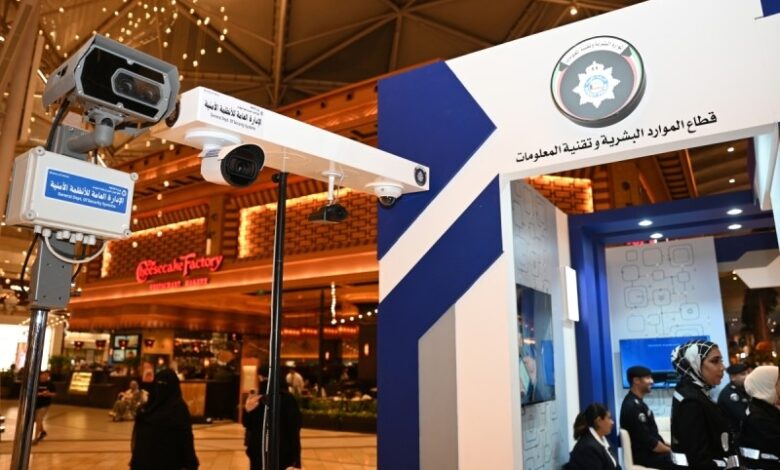
The Ministry of Interior has accelerated its technological development efforts by integrating artificial intelligence into security operations, particularly in the identification and arrest of wanted individuals.
The Ministry has already deployed advanced cameras across key facilities, vital centers, and major commercial complexes, with plans underway to extend coverage to all regions and strategic locations.
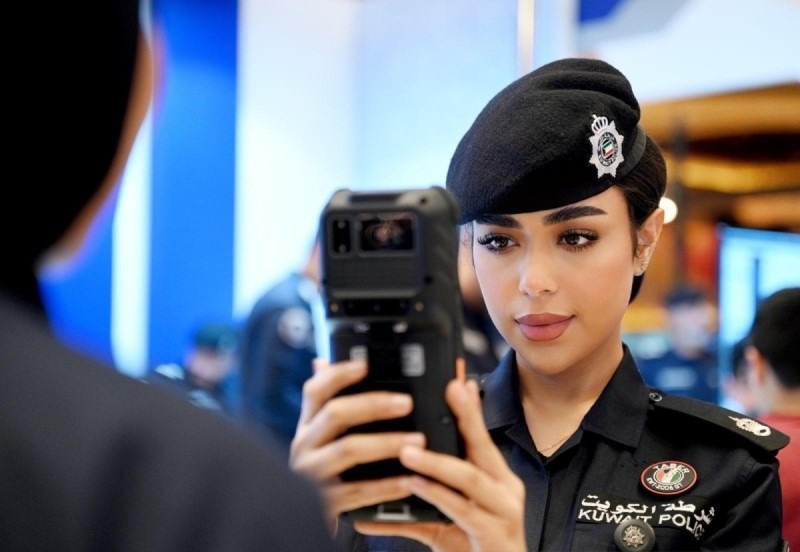
Major Farah Al-Mukaimi, Assistant Director in the Office of the Head of Human Resources and Information Technology at the Ministry, explained that the new system follows directives from First Deputy Prime Minister and Minister of Interior Sheikh Fahd Al-Yousef.
She noted that the General Department of Security Systems has launched AI-powered cameras installed at smart gates in vital facilities and at Kuwait International Airport. Smart patrols equipped with AI cameras further support security campaigns by identifying individuals directly from each patrol vehicle.
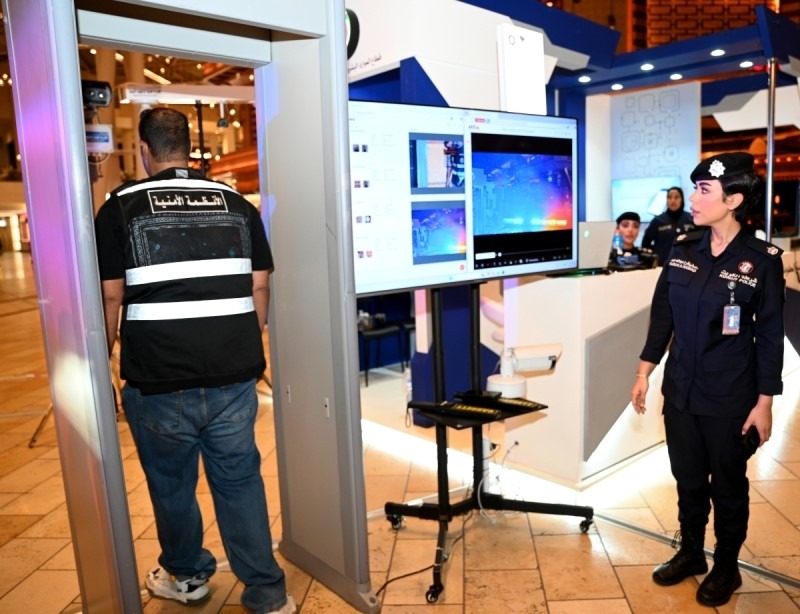
Speaking to Al-Rai during an exhibition organized by the Directorate-General of Human Resources at The Avenues Mall, Al-Mukaimi said the Ministry plans to introduce additional smart patrols soon, under the guidance of Acting Undersecretary Major-General Ali Al-Adwani and Brigadier-General Anwar Al-Yatami, Head of the Human Resources and Information Technology Sector. She stressed that these modern technologies aim to enhance response speed and improve procedural accuracy.
Al-Mukaimi clarified that smart patrols do not record general violations; instead, they focus on detecting individuals wanted for security or criminal reasons, as well as monitoring vehicles and providing support to various security sectors.
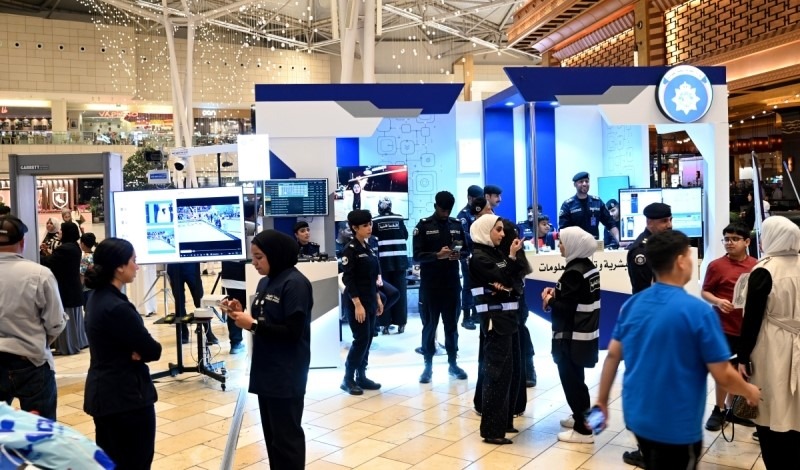
Major-Engineer Abdulaziz Al-Yaqub, Head of the Inspection and Follow-up Department at the General Directorate of Security Systems, highlighted the real-time capabilities of the new system.
He explained that the AI cameras immediately alert the Operations Room when a wanted individual is detected. Identification is performed through iris recognition linked to biometric fingerprint data, eliminating the need for officers to request personal IDs.
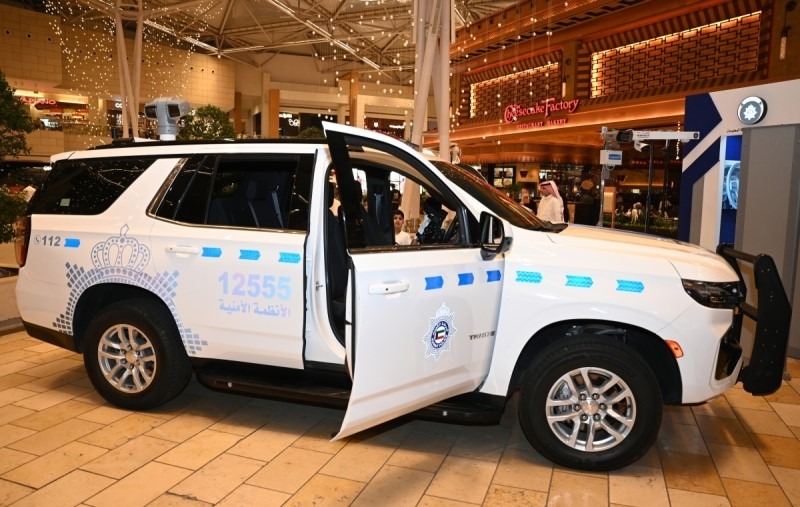
Al-Yaqub noted that the Ministry maintains comprehensive data on citizens, residents, and visitors, integrated with information systems, criminal evidence departments, civil records, travel documents, and residency databases. The Ministry is working toward full nationwide coverage with a unified AI-powered security network aimed at safeguarding public safety.
Engineer Noura Al-Harbi from the Information Systems Department emphasized the system’s strength in cybersecurity, explaining that the platform is designed to prevent breaches while ensuring continuous updates and high-performance operation. She confirmed that all stored biometric data is fully protected and accessible only to authorized agencies when an individual is wanted for security reasons.
Al-Harbi added that data for wanted individuals—sourced through the Civil Information Authority—is automatically recognized by AI cameras, smart patrols, and fingerprint verification devices used by field units. She reported that the cameras identify several wanted persons daily, significantly aiding security teams in swift arrests.
The Ministry is also coordinating with various public and private entities to expand security integration and broaden coverage at critical locations.












